


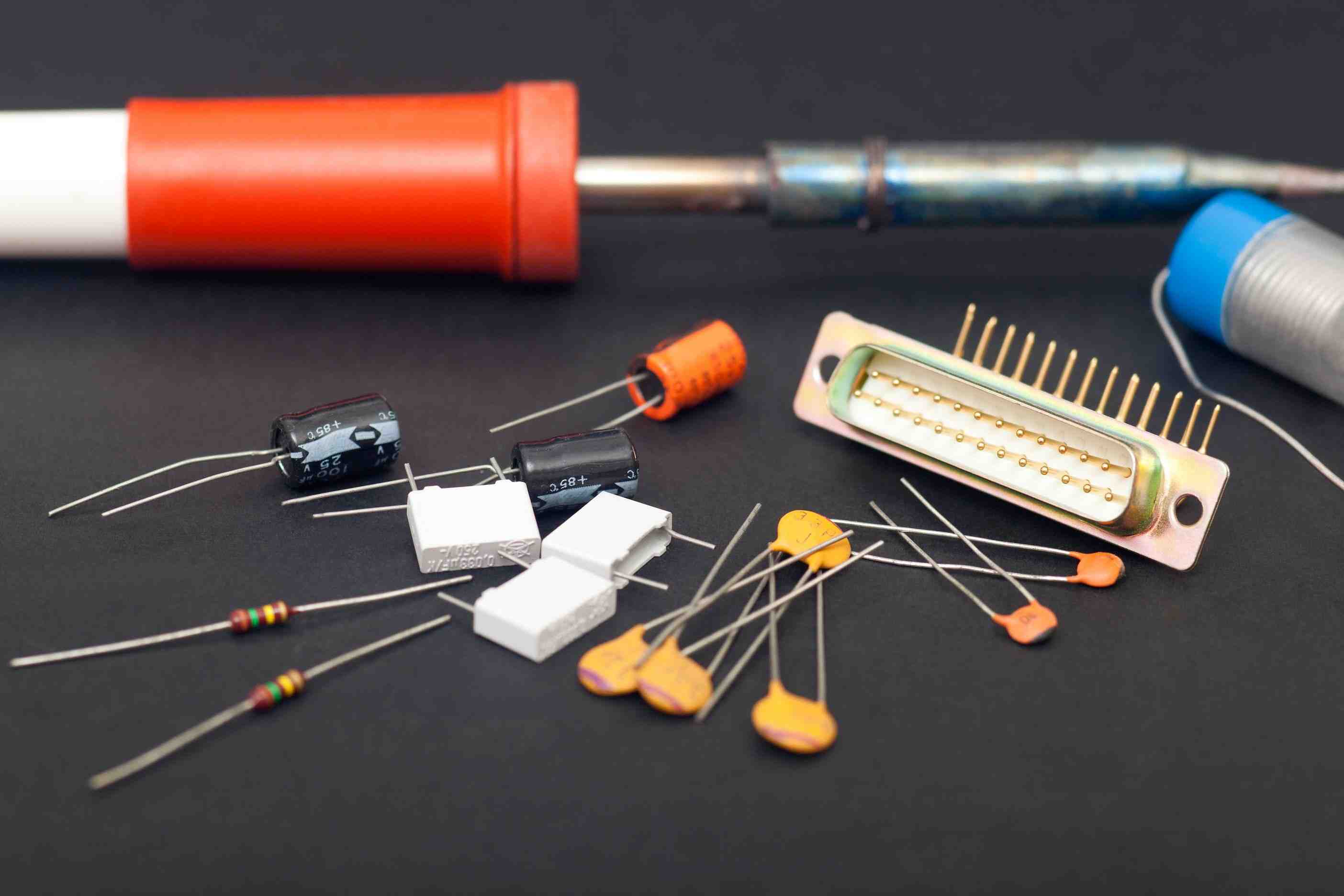

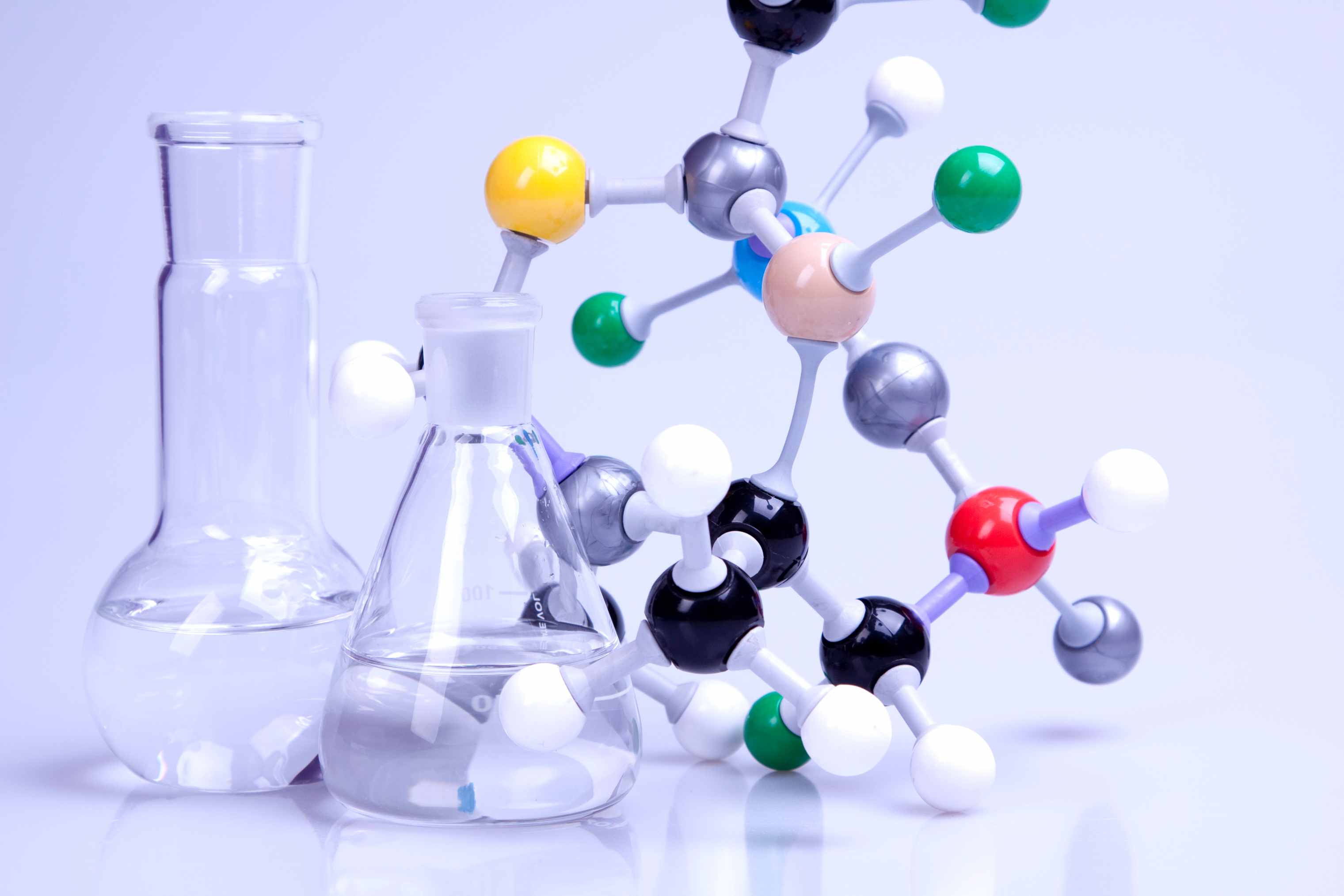
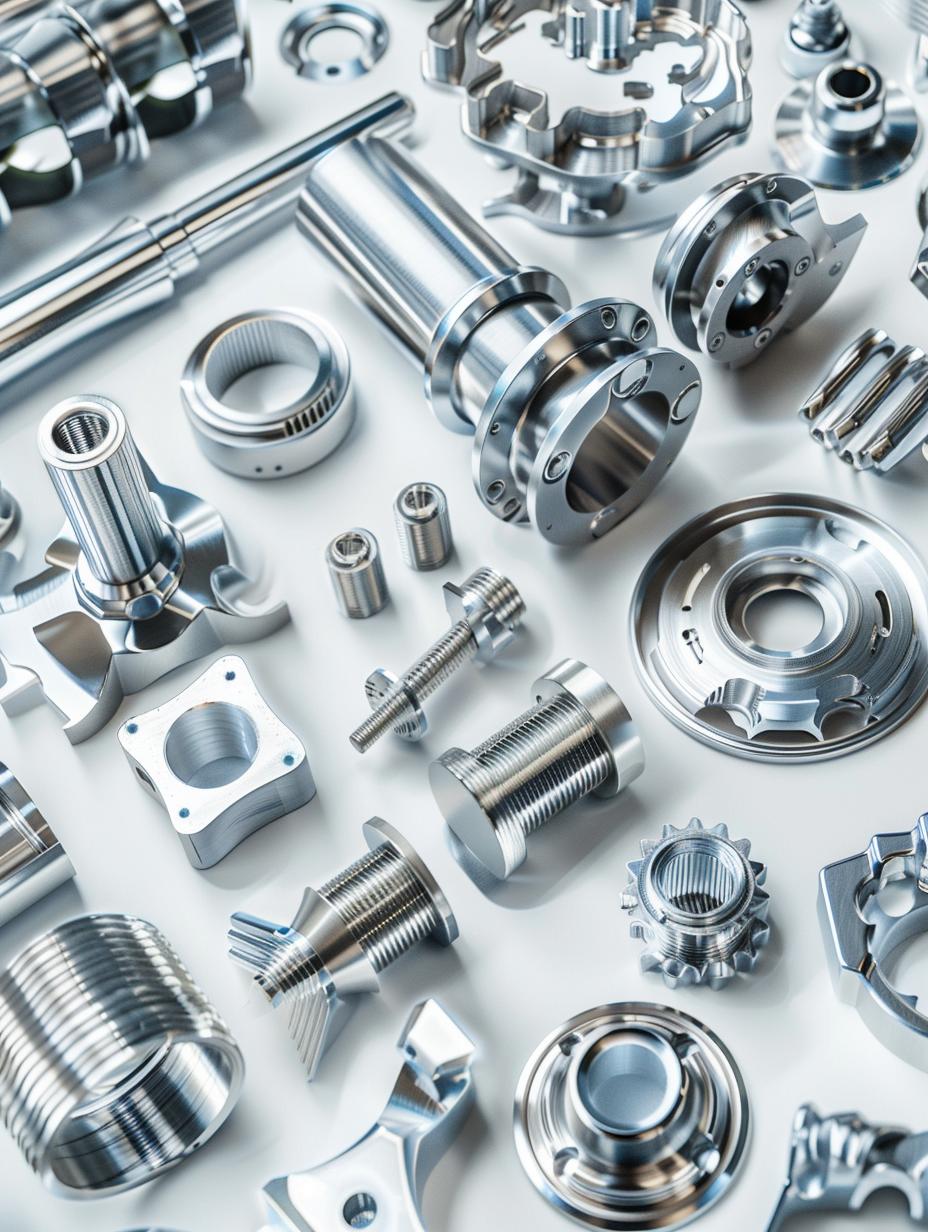














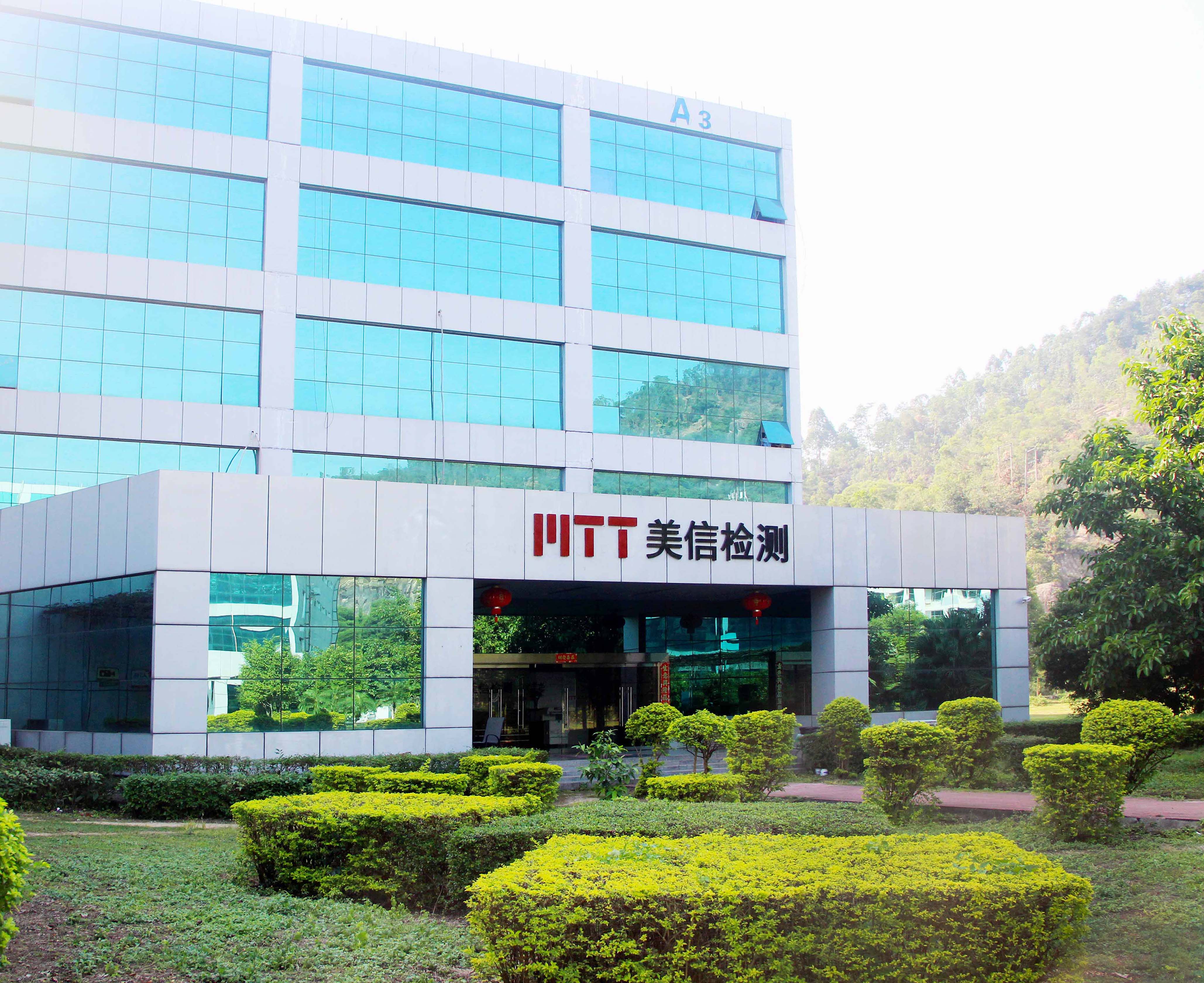







Oil filter testing achieves macro system assurance through microscopic debris analysis. Its importance lies in avoiding major failure risks and reducing operation and maintenance costs. Its significance lies in promoting engine technology iteration, supply chain optimization, and predictive maintenance ecosystem construction. It is a key link in quality management in the field of high-end equipment.

| Project Overview
Use the improved oil filter cleaning method developed through research to perform non-destructive cleaning on the oil filter. Analyze the debris from the oil filter and lubricating oil using the methods of weighing + SEM + EDS to determine the composition and source of the debris, judge the wear mechanism and degree of wear, provide scientific and effective database support for users, conduct periodic monitoring of the engine, and provide a reliable basis for condition-based maintenance.
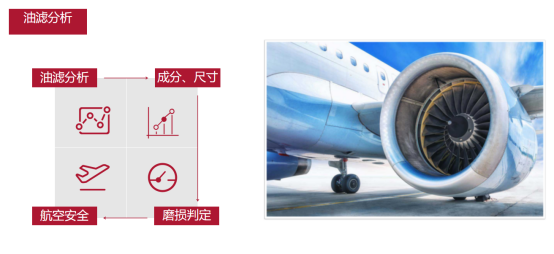
| Test Objective
1. Optimize engine design
Determine the composition of the wear debris in the engine oil filter to judge the wear condition of the engine. The analysis of the debris composition can be fed back to the design stage. For example, if it is found that the material of the oil filter screen in a certain batch is prone to shedding particles, the material or process can be improved to enhance the reliability of the engine. At the same time, the data supports the optimization of fuel efficiency and reduces energy waste.
2. Improve supply-chain quality control
The test can trace the source of the debris, help manufacturers select high-quality partners, and force the supply chain to improve the purity of products.
3. Promote the development of predictive maintenance technology
Combined with big-data analysis, the debris database can build a wear trend model to predict the remaining service life of the engine, provide basic data for intelligent operation and maintenance (such as digital twin), and assist the aviation, industrial equipment and other fields to transform to "preventive maintenance".
4. Comply with industry specifications and environmental protection requirements
The test follows standards such as GB/T17359 to ensure the authority of the results. At the same time, by reducing fuel leakage or component replacement caused by failures, it reduces environmental pollution and conforms to the trend of green manufacturing.
| Testing Standards
GB/T17359
| Service Products / Fields
Engine
| Project Advantages
Provide 7X24X365 testing services
| MTT Advantages
1. Professional Team: Equipped with a number of highly experienced testing engineers and technical experts.
2. Advanced Equipment: Equipped with internationally leading testing instruments to ensure accuracy and reliability of results.
3. Efficient Service: Rapidly respond to customer needs and provide one-stop, high-efficiency inspection services.
4. Authoritative Certification: The laboratory is certified by ISO/IEC 17025, ensuring that test reports have international credibility.

